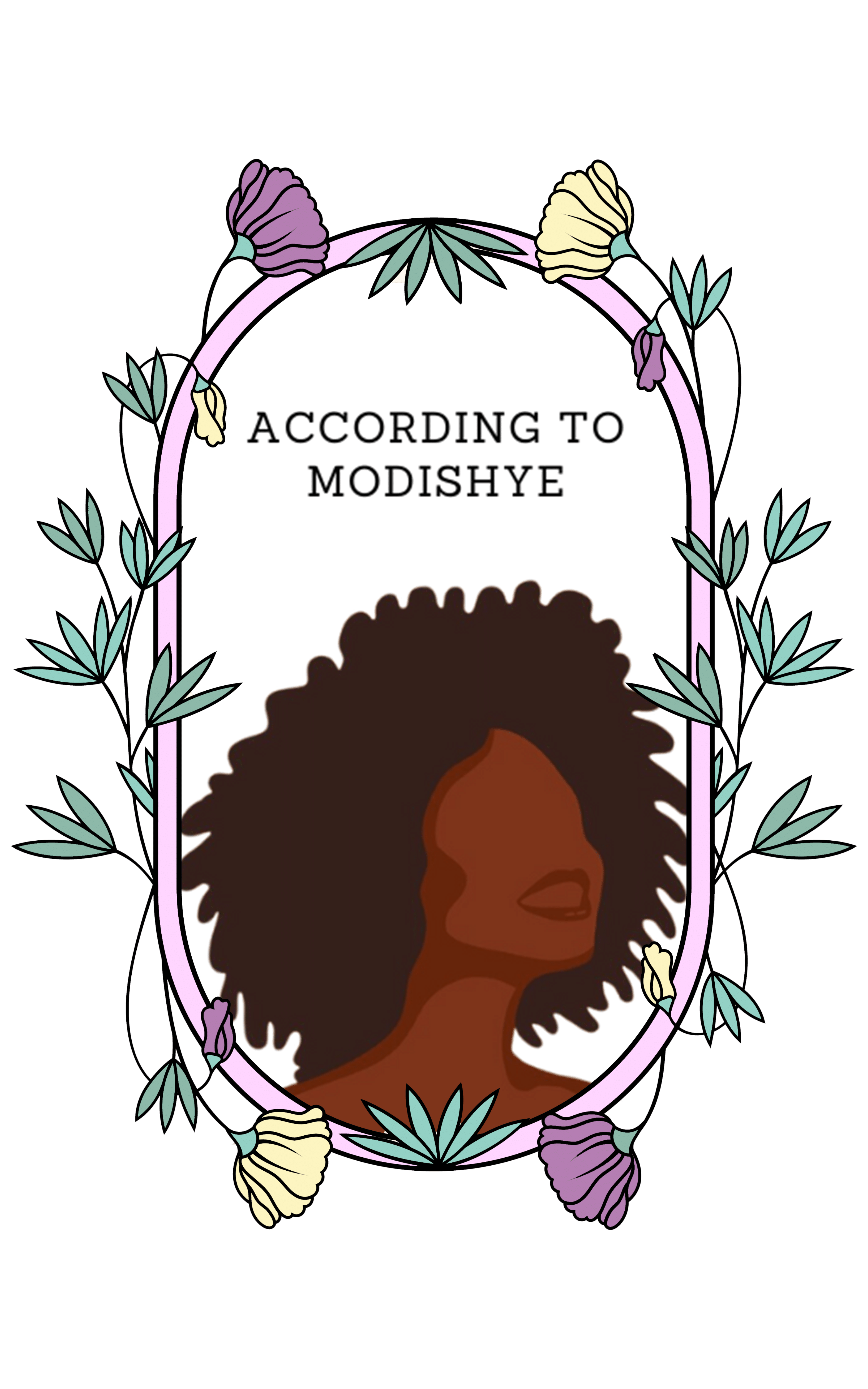Clothing and Culture: A Beautiful Connection
“Girl, you look phenomenal! Are you sure you are allowed to wear such clothing?”
Clothing plays a vital role in many cultures, including my own. In the Yoruba culture, for instance, men wear Agbada, while women wear Iro and Buba. You’ve probably seen these outfits at weddings—after all, the Yorubas love to make a statement at gatherings! Traditional Nigerian clothing is often made from Ankara or lace. Fortunately, if you prefer more modern styles like jumpsuits or maxi dresses, you can easily get them custom-made. While the Yoruba people celebrate their culture daily, they also embrace non-traditional clothing. Does this principle apply to those living in Namibia?
In Namibia, women, particularly in the North where I’m from, wear Ovambo traditional dresses, especially for weddings. Similar to the Yoruba, Namibians have the option to wear non-traditional attire if they wish. This principle of cultural flexibility applies to both Namibian and Nigerian people.
Cultural Appropriation vs. Cultural Appreciation
Now that we’ve touched on some clothing terms from both cultures, let’s discuss cultural appropriation in relation to clothing and how it differs from cultural appreciation. This is a topic that deserves more attention, especially when famous individuals post pictures on social media and, somehow, what has been practiced in one culture for several decades suddenly becomes praiseworthy.
On this blog, I do not encourage ignorance—it's one of my pet peeves. We, as a human race, have a duty to learn more about each other's cultures. With over 5 billion people in the world, I hope you are not so ethnocentric that you fail to recognize this!
Cultural appropriation occurs when someone takes an object, idea, or practice from another culture, believing they are entitled to do so without understanding its significance. In contrast, cultural appreciation involves paying respect or homage to another culture—not just because it looks good on Instagram, but because you genuinely find it fascinating and rich in importance. The culture is so undervalued that you felt a sense of duty to share with others. Culture appreciation is about acknowledging and praising the beauty of another culture for the enrichment of your own knowledge.
Engaging with Cultures Responsibly
Let’s address the sentiment of, “Oh, she can’t wear or do that because she is not black or from Nigeria.” While I don’t appreciate when people take from a culture, I also don’t appreciate it when urgent issues, like the wrongful imprisonment of Black individuals, are discussed, yet those who appropriate culture suddenly seem indifferent. If you choose to partake in another culture, at least engage with respect and actively learn about the people behind it.
Furthermore, wearing braids and using hair bonnets to protect one’s hair is significant in Black communities. Braids are not just a stylish choice; they have historical roots, having served as a form of communication during slavery.
I believe we shouldn’t live in isolation, avoiding cultural exchanges. However, it’s essential to show understanding and respect for another individual’s culture.
The Importance of Respecting Cultural Significance
MAIN Message: Before you take, you must know the significance of what you are taking. Ask yourself: Why is this significant to this culture? Am I hoping to uplift this culture by wearing its clothing or styles?
It’s appalling that traditional Nigerian clothing and various hairstyles worn by Black individuals are often deemed unprofessional. These same styles, which receive likes on social media, are frequently met with disdain in professional settings. You cannot take from but then dismiss their human existence at the same time. Nigeria, Namibia, and other countries in Africa deserve a seat at the table—not because it’s convenient, but because why not?
I firmly believe cultural appropriation exists. Many admire the beauty of a Native American headdress while disregarding the mannerisms, principles, and importance that come with the people.
Understanding the Impact of Cultural Appropriation
When you take the time to research the history of the Ovambo people before colonization and how they adjusted to new laws afterward, we can have a meaningful discussion. During slavery, masters dictated how slaves should behave, and failure to comply had severe consequences. Is the lack of repercussions for cultural appropriation the reason people believe it’s acceptable to exploit or profit from the customs of minority cultures?
This topic may be challenging to digest, but it should not be overlooked. One way to help process such a lengthy discussion is through food. Check out my last blog post on how you can save money while buying some great F-O-O-D using UNiDAYS!





0 Comments